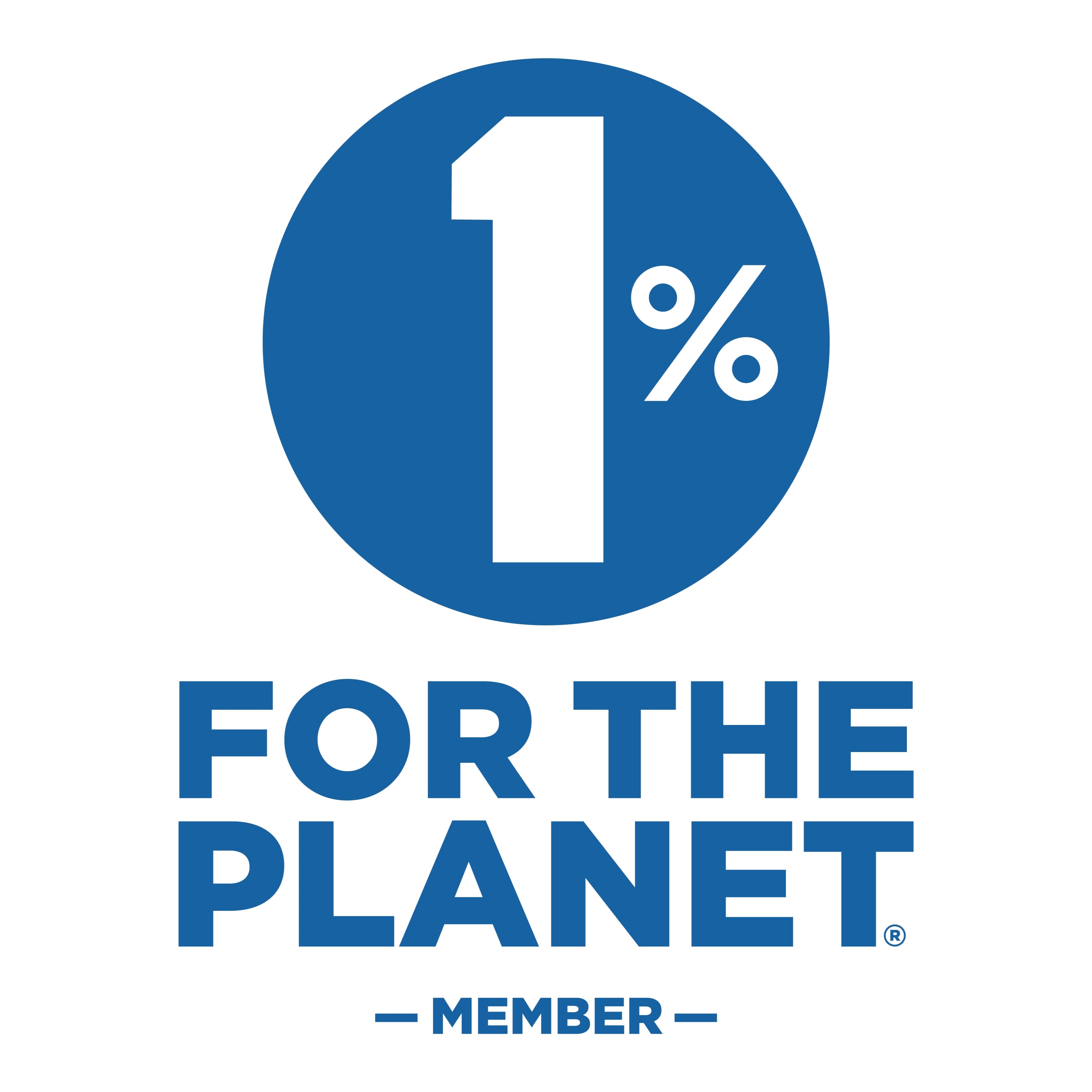It’s very important for us to understand consumers thoughts, feelings and actions in relation to people and the planet. As a metric, it guides Ateliers Verts as to whether our customers care more, or less, about the planet, which will inevitably sway them either way in making eco-conscious purchase decisions.
Fortunately for us we have been granted access to an excellent and comprehensive report by Ingka Group (IKEA) in collaboration with GlobeScan – a leading independent insights and advisory firm. The survey covered responses in 2025 (this year) from 30,000+ consumers across 30 countries
Overall
With so much doom and gloom in the news regarding climate change, environmental destruction and wars, it’s comforting to hear that despite this, people still care deeply about what is happening to our planet.
🌎 🙋🏻 Climate Change and individual Actions
64% of respondents are concerned about climate change (down from 68% in 2023). Unsurprisingly 18–24-year-olds (67%) and those living with children were most concerned about climate change, (68%) Worryingly 45% felt personally impacted by climate change.
So what are consumers doing about it? Well, they’re Storing Food Properly 82%, Recycling 77% and use Energy Efficient Lighting 74%. At the same time aligning with three of Project Drawdown’s most impactful practices – Generating their own energy 16%, Shifting toward plant-rich foods 15%, and Sharing transport 14% –are not widely adopted!
🤷🏻 💪🏻 Why do consumers take action?
The biggest motivator is to save money! 54% put this in their top three drivers of action. Changing light bulbs to LED ones in the home uses less energy and importantly reduces electricity bills. The 18-29 year olds take most action- as well as saving energy they are adopters of circularity- think buying clothes from Vinted- and they’re the most likely to follow a vegetarian or vegan diet.
🏦 📈 The Importance of Government and Business
46% of consumers see lack of government support as a top barrier preventing them from taking more climate action. 63% want significant action from government to reduce climate change between now and 2030.
65% want significant action from business to reduce climate change between now and 2030 and 71% want better communication from companies on the environment and social impacts of their products and services.
People want companies to be transparent, fair and engaged in social issues. For example 82% (we’re surprised it’s not higher!) agree companies need to pay living wages to employees and supply chain workers. We’re guessing the other 18% are on zero-hour contracts or don’t want the price of goods to rise as a result of decent workers’ pay!
💰 🌱 Affordability & Sustainability
We hear it time and time again that there is a perception that eco-conscious products are more expensive – this is often not the case at all. 64% actively look for the lowest-priced product most or all the time – the philosophy of buy once buy well can be missed. But if this disparity can be demonstrated to save money in the long-term 54% would take more action for climate change.
🏠♻️ Household Circularity
As this report was compiled for IKEA there is naturally a focus on furniture – it’s a good indicator of circularity as really we should be able to repair, recover or mend furniture, rather than chucking it out. The top barriers to buying second-hand household items and furniture are concerns about hygiene, quality and safety – not dissimilar from clothing! Some furniture re-sale marketplaces like eBay, Facebook Marketplace, Rehaus, Vinted, Vinterior are growing as younger age groups are more open to second-hand items. We all need to be more open to this as only 20% buy second-hand household items or furniture most or all of the time.
🏥 🍲 Health & Food
As we all know there is a direct correlation between us all eating meat often and its harmful effect on the planet, largely due to clearance of forests and land, inappropriate feedstock, methane production and waste contamination. A plant-based diet especially incorporating beans is beneficial for the climate and more healthy for the consumer. However only 15% of respondents said they eat vegetarian or vegan food most or all of the time. It was slightly higher at 20% with 18-24 year olds but they are also the least likely to store food properly or eat left-overs! 41% say that health benefits would motivate them to take more climate action - an interesting correlation.
💚🦋 Nature
The vast majority of respondents, 81% support the protection and restoration of nature. They want action from both business and governments. We think that this is an important area - a huge amount of goodwill can be generated by Governments and Businesses if they're actively doing good works in this area, and we're not talking about carbon-offsetting! Localised work is visible and demonstrable and more measurable
📊 📉 Stats
The actions of brand owners is important as this can effect purchase decisions, likewise community engagement appears to be growing so brands should engage more if they want to benefit from this trend. To finish, here are some stats to support this:
Consumer x Brand Insight Stats:
- 36% prefer brands that support social issues in the community
- 42% try to buy from brands that pay a living wage
- 38% actively look for informations about where and how products have been made.
- 36% boycott brands who treat employees and supply chain workers unfairly
Consumer x Community Insight Stats:
- 37% provide support to other people in their community
- 21% provide volunteer time to support a charity (up from 20% in 2023)
- 29% donate to local charities (up from 27% in 2023)
- 23% are involved in community groups (up from 22% in 2023)
With thanks 🙏 to :
Ingka group (IKEA) ( https://www.ingka.com )
GlobeScan ( https://www.globescan.com/ )
Project Drawdown ( https://www.drawdown.org )
(Header Image: ©Photo by Li-An Lim on Unsplash )
#MinimiseOurHumanFootprint
©Ateliers Verts Ltd. 2025
Back to: Ateliers Verts® The Magazine





